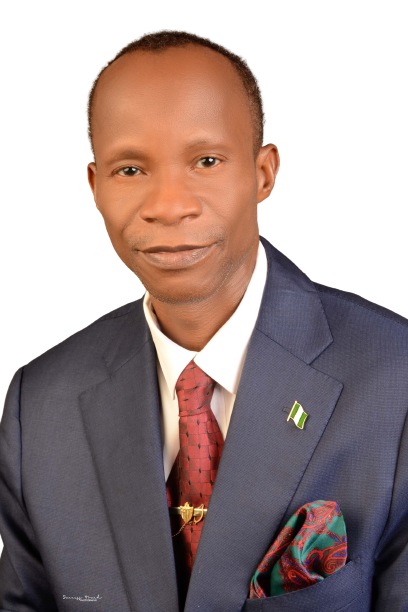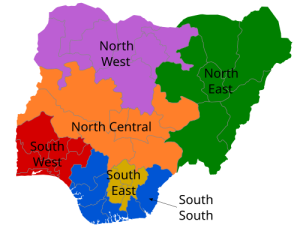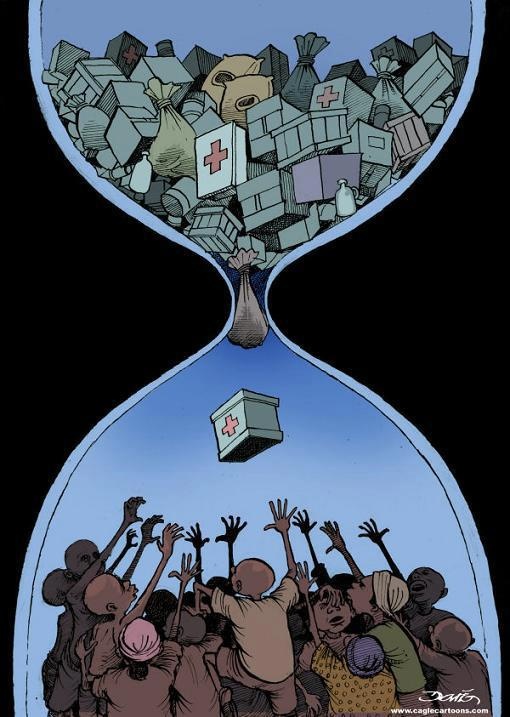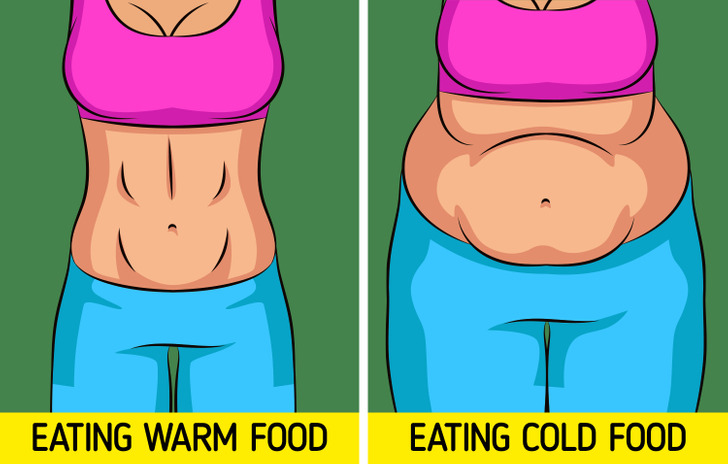Beyond the Administration of Palliatives

Beyond the Administration of Palliatives
The primary reason for the existence of the Government is to solve public problems. Life is full of challenges, and every government must always be busy solving them. Finding solutions to emerging issues is the hallmark of public leadership.
What if government is responsible for the problems that exist in the Society? Who will find solutions to them? It becomes difficult to solve, because government is the cause of them, and government cannot own up to its actions that gave rise to the problems as they exist.
What does the government do in these circumstances? It applies palliative measures to those problems. The palliative is not meant to solve the problem but to make it appear as if it is being solved. The administration of Palliatives then serves as an alibi or a placebo. This is what seems to be happening in Nigeria today!
By the way, the English Dictionary defines palliative as ” something that makes a problem seem less serious but does not solve the problem or make it disappear. The continuing administration of Palliatives to nearly every problem in society could be indicative that government might be complicit in the problems. Every problem in society has its root cause. The role of any serious government is to get to the roots of any identified problems and address them.
The administration of palliatives began to gain public recognition in Nigeria around 2012 when the regime of President Goodluck Jonathan wanted to remove fuel subsidies. The government thought seriously about the impact of fuel subsidy removal on the people and decided to apply some remedial measures to cushion the effects, to pave the way for the subsidy removal, and for the economy to be stabilized. In that situation, the remedial measures were provided before the removal took effect. That’s what it means to be responsive in dealing with major problems. But the process was aborted by those who claimed to know better, then.
Since then, the sharing of Palliatives by governments, government officials, and private individuals has become part of our national life. However, there is a need to make a distinction between the Jonathanian palliative and the Buharian versus PBAT palliative measures. The former was designed as a one-off act to deal with a major issue, even before the problem was unleashed on the people; the latter has become a style of governance to deal with problems created by the government and is systematically mainstreamed into public administration and social engagements across the country.
If you dig deep, virtually all the major problems we have in our country today are government-induced or indirectly supported by governments. This is a hard truth. You may go ahead to mention the problems: from insecurity to poverty, agitations for self-determination to unemployment, you name them.
Take insecurity for instance. From as early as 2012 to 2014, certain people in power began to open the borders of Nigeria to bring foreign mercenaries to fight in Nigeria in their bid to access political power. Once they got to power, the doors were further thrown open between 2015 and 2023. This is the period when insecurity was democratized in Nigeria, with different names including banditry, kidnapping, the violent pursuit of self-determination, etc.
The ascendancy of Biafra agitation and the violent degeneration of the cause was fueled by governments unwilling to discuss with the agitators but preferred to go via force. Of course, the deployment of force is necessary to deal with grave issues as promoted by the agitators, but only after dialogues and mediations have failed. Therefore, the grave insecurity in the Southeast today is because the government failed to dialogue. The government is complicit in the insecurity in the South East. And the same story is true in the South West, particularly with the government handling of the Yoruba agitators, led by Sunday Igboho. The killings, the arrest, and the detention of Mr. Igboho in the Benin Republic were acts of government. The forceful rendition of Nnamdi Kalu from Kenya was an act of the government. The non-conclusion of the case and pronouncement of final judgment is an act of the government. The insecurity in the North West is because the government took sides and never wanted to address the root cause, but chose to play to the gallery.
The government of Nigeria is complicit in the insecurity in the middle belt areas of Benue, Plateau, and Nararawa. The government took sides and didn’t want to address the root cause of the problem. Instead, it chose to explain the situation away, each time. Our Government is the cause of our problems. That is why our problems appear intractable.
In 2023, the new government immediately removed fuel subsidies and rapidly devalued the currency. It increased the cost of electricity. Energy costs went high. Production and manufacturing came down. The economy plunged. Transportation costs went all-time high. Poverty became commonplace. In the meantime, the government began to talk tough and to live large. Insecurity brought a drastic reduction in farming activities. This itself led to food shortages and high food prices.
Amid all these government-induced problems, the sharing of Palliatives became part of public administration in Nigeria. We now have Palliatives of rice, beans, onions, buses, bicycles, cooking utensils, clothes and shoes. These are now administered to civil servants, students’ union leaders, market women, labour unions, etc, across the country. Individuals have had to give out fuel palliative in some instances. We are now a nation that lives on palliatives.
Structural poverty which is induced by Government policies and negligence of statutory responsibilities is dehumanizing the people, leading them to now accept palliative as a way of life. The recipients applaud government and government officials, who provide these Palliatives, as being people-oriented. This is sad!
How low can a people get in their mental subjugation? Are there situations that require the administration of Palliatives? Of course, there are. The administration of Palliatives should not become institutionalized as we are gradually making it to be.
The Executive arm of the government now has a budget for palliatives. The Legislators have budgets for palliatives in their constituencies, different from constituency projects. These are not the best of times in our public leadership practices. Something has gone awry. We have missed the mark. We have gone low!
Public leadership through palliatives is a low-quality governance practice. It’s not good enough. Nigeria deserves better public leadership. Those in power can change this wrong emerging narrative. It’s not good for our national psyche. It’s not good for our international image.
We must not allow the sharing of Palliatives to become part of public administration in Nigeria. Let the government address the root cause of the problems to create an ambiance for citizens to drive their own lives instead of these half-hearted measures of Palliatives that cannot pull people out of their problems. We are indirectly grooming a generation that will soon accept the administration of palliative a as a norm in public service. Palliatives should be an exception and not a norm. I believe in the capacity of our government to deal with Nigeria’s seemingly intractable challenges if only the will and the courage are deployed.
Let us go beyond the administration of palliative. Our youths must not be groomed to become perpetual recipients of palliatives. It’s not good for their psyche, as future leaders. The youths should take a stand against the continuing deployment of palliatives by the government as a tool for massaging their problems. Palliative do not solve any problems. Please take note of this and become guided.
Dr. Joseph C. Ibekwe is a leadership consultant, a publishing author, and a public issues commentator
Tel: +234-8033261363









